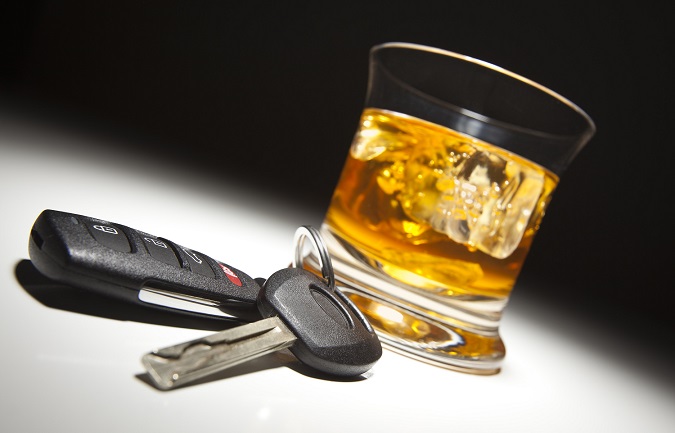Yes! Under California Penal Code Section 647(f), “public drunkenness” is a crime of disorderly conduct and is commonly charged as a misdemeanor. In order for the prosecution to convict you of “public drunkenness”, it must prove several elements:
1) that you were willfully under the influence of alcohol and/or drugs,
2) that, at the time you were under the influence, you were in a public place, and 3) you were unable to exercise care for your own safety or for the safety of others, or 4) because of your intoxication, you interfered with, obstructed, or prevented the free use of a sidewalk, street, or other public way.
As to the first element of a PC 647(f) charge, the prosecution must prove that you deliberately ingested alcohol. If someone slipped you a drug or “spiked” your non-alcoholic drink, the law will not consider you to be “willfully” under the influence.
As to the second element, California courts have held that a “public place” for purposes of PC 647(f) is an area outside a home in which a stranger is able to walk without challenge. Some examples of a public place would include restaurants, clubs, shopping malls, parks and public streets. However, courts have also held that a public place may also include a common hallway in an apartment building, a car parked on a public street or in a public lot, and even the area in front of a house, including the driveway, front lawn and front porch. Moreover, courts have held that “public places” are places which are open to common or general use, even if the location isn’t one that the general public frequents. Thus, it doesn’t matter whether you are actually visible to the public, so long as you otherwise meet the elements of the crime. In contrast, courts have held that “private places” include homes, garages, and the inside of hotel rooms.
Finally, the prosecution must prove that you were unable to exercise care for your own safety or for the safety of others, or that you were obstructing the use of a public way. Here, PC 647(f) really addresses persons who are out in public and extremely intoxicated. Some examples would include persons who are falling down drunk, passed out on the sidewalk, or trying to start fights because of their drunken state. Since many people get buzzed or even drunk at California restaurants, nightclubs, concerts, or other public venues, only in the more extreme cases would one’s public intoxication trigger PC 647(f) prosecution. This is because merely being “drunk” in public isn’t a crime. It only becomes criminal when you get inebriated to the point that:
1) You are a safety risk to yourself or others, and/or 2) You are interfering with other people’s right of movement
To ensure that you have the best possible chance of prevailing against the state when your accused of public drunkenness, you need the legal expertise of an aggressive and skilled criminal defense attorney. At Wallin & Klarich, our attorneys have zealously represented our clients on all types of criminal defense matters for over 30 years and can help you achieve the best possible outcome in your matter. Call us today at 1-888-749-0034 or visit us online at www.wklaw.com. We will be there for you when you call.



